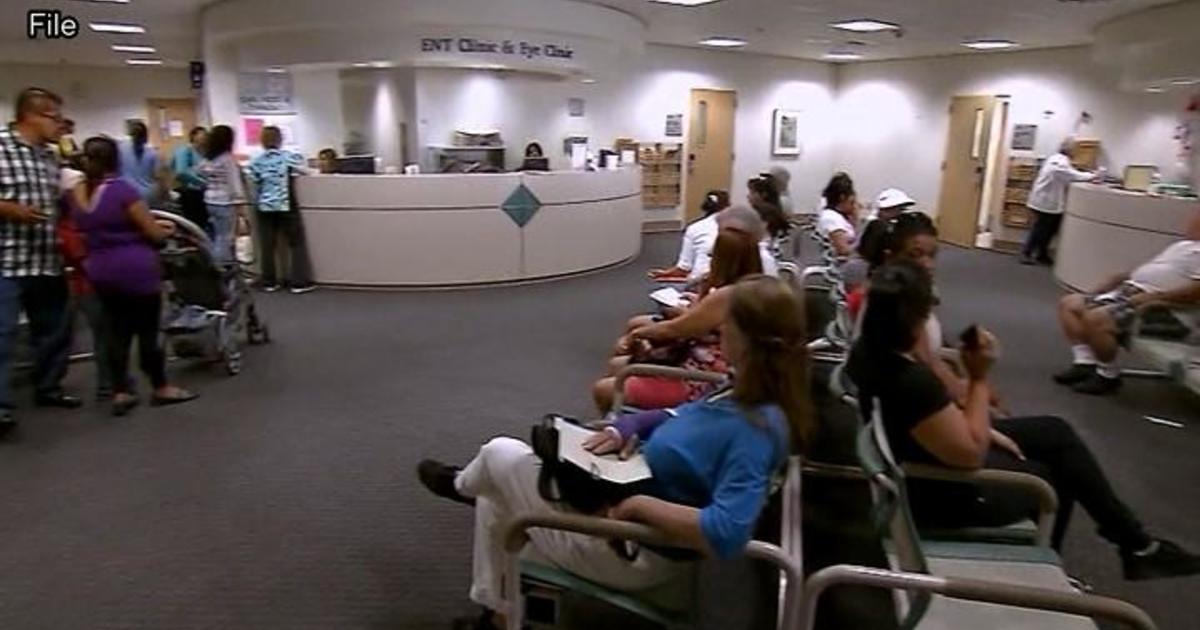National Archives Explores History Of U.S. Food
WASHINGTON (AP) -- One spot in the nation's capital is offering visitors a peek at presidential recipes including Lyndon B. Johnson's chili, John F. Kennedy's chowder and Dwight D. Eisenhower's three-page guide to vegetable soup.
The National Archives opens its first exhibit Friday on the history of U.S. food and the government's effect on the nation's diet. "What's Cooking Uncle Sam?" is a departure for the Archives, which more often deals with issues of presidential policies, war and peace.
Former White House executive pastry chef Roland Mesnier, who served Presidents Jimmy Carter through George W. Bush, said the government also has a critical role in setting the nation's food agenda. Making the healthiest food more affordable would be an important step, he said.
Mesnier said he was hired at the White House because he promised first lady Rosalynn Carter he would make healthy, light desserts with lots of fresh fruit.
Some presidents, though, didn't always follow Mesnier's advice. The chef recalled making special desserts for President Bill Clinton, who was allergic to dairy products, chocolate and flour.
"Mr. President, I have your special cake here," Mesnier would tell Clinton.
"Oh, no, no, I want a piece of that cake," Clinton fired back, pointing to a chocolate slice. "I am the president of the United States, so pass it on."
"I knew every time that he had been a bad boy because he would get a lot of pockets under his eyes," Mesnier said.
Beyond presidential menus and Queen Elizabeth's recipe for scones sent to Eisenhower, curators looked back at the history of farming, food processing, nutrition guidelines and the effects of military food and school lunches.
The exhibit includes the story of explorers sent around the world by the U.S. Agriculture Department in the late 1800s and early 1900s to find seeds and plants to cross-breed and help American crops survive harsh climates. It also includes the push for safeguards in the Pure Food and Drug Act of 1906 and a letter from Upton Sinclair to President Theodore Roosevelt about the meatpacking industry.
The Archives holds a broad collection of posters showing the importance of food during wartime as the government promoted victory gardens and rationing of supplies.
"Know Your Onions," touts one poster. "Food is ammunition, don't waste it."
The exhibit includes more than 100 original documents and images, as well as government videos.
There is an amusing look at food marketing, including a company's pitch for branding "Vitamin Donuts," and many antiquated nutrition guidelines, well before the recently retired food guide pyramid and new "My Plate" guide introduced by the Obama administration.
A 1945 government poster includes "butter and fortified margarine" as one of seven basic food groups. The guide also called for eating "any other foods you want."
"The concern was malnutrition and getting enough calories," said curator Alice Kamps, adding that food guides show the evolution of our understanding of nutrition. "The very earliest guides didn't emphasize fruits and vegetables because vitamins hadn't been identified or their importance in a nutritious diet wasn't known."
Kamps said the time was right for such an exhibit, with high interest in food and cooking on television and restaurants driven by big names.
"We thought we could really add to the conversation the country is having," she said.
Celebrity Chef Jose Andres advised on the project and is creating a new restaurant near the Archives to accompany the exhibit. America Eats Tavern, named for the 1930s Works Progress Administration project that documented the nation's food traditions, promises a modern interpretation of traditional recipes. It's scheduled to open as a pop-up restaurant on July 4.
Andres often talks about the power of food in foreign policy, national security and other realms.
"All of us are part of that discussion about food in America: chef and fast-food executive, small farmer and agribusiness, government and citizen," Andres wrote in a book that accompanies the exhibit. "And not just America: What we do here has repercussions around the world."
The exhibit is on view in Washington until January.
(Copyright 2011 by The Associated Press. All Rights Reserved.)



